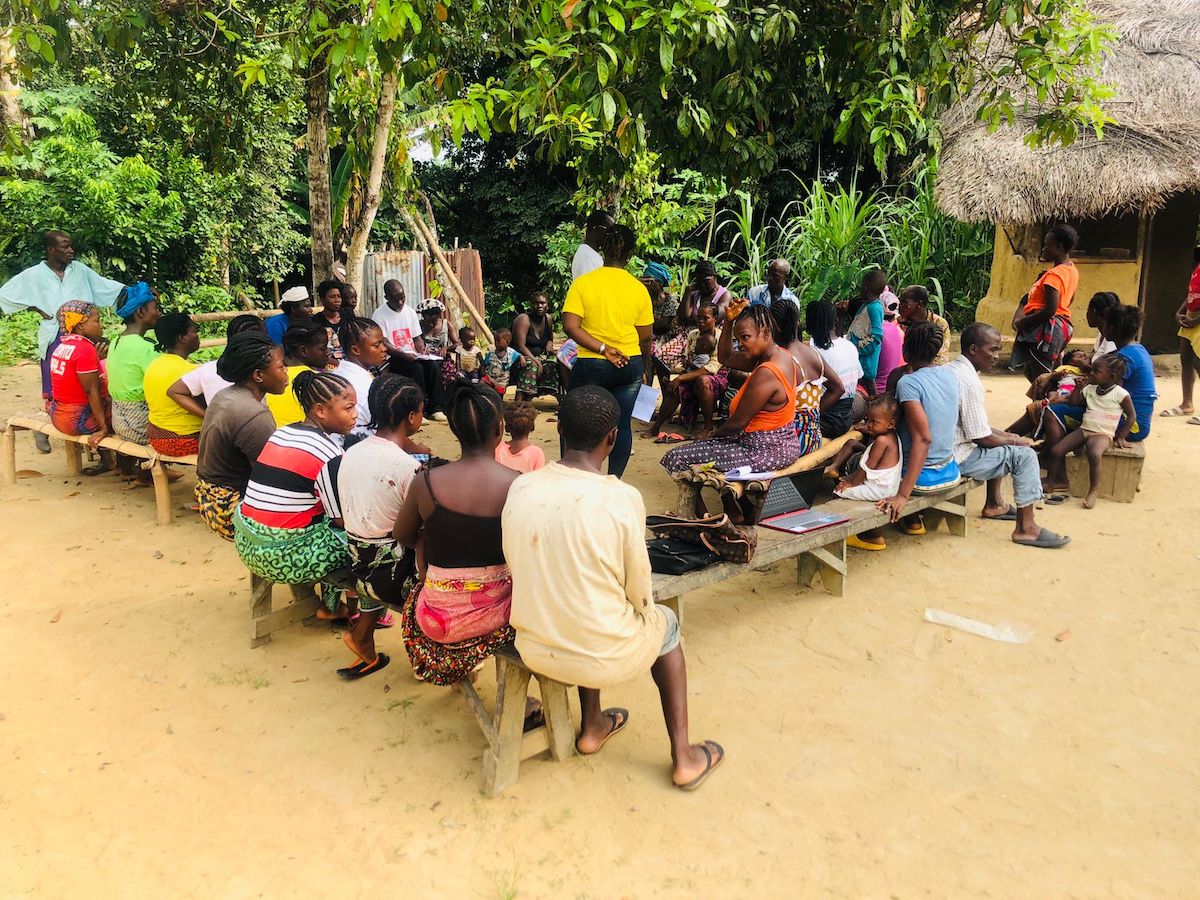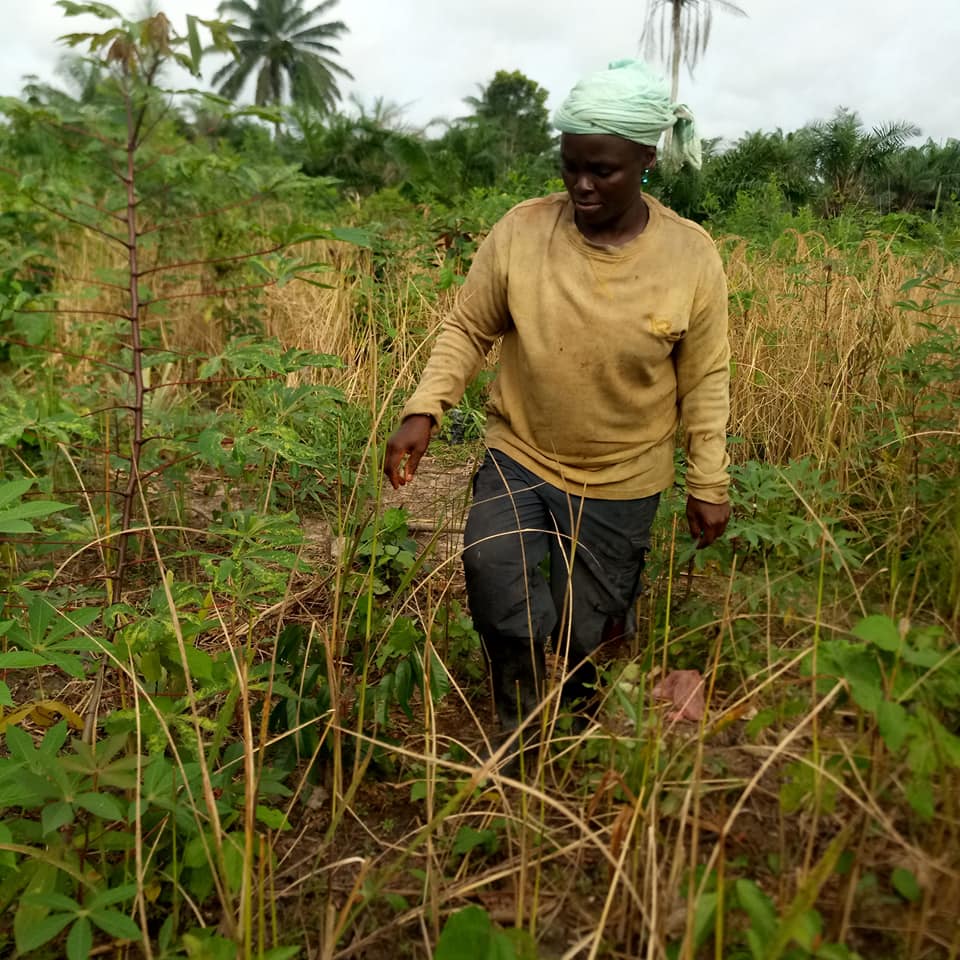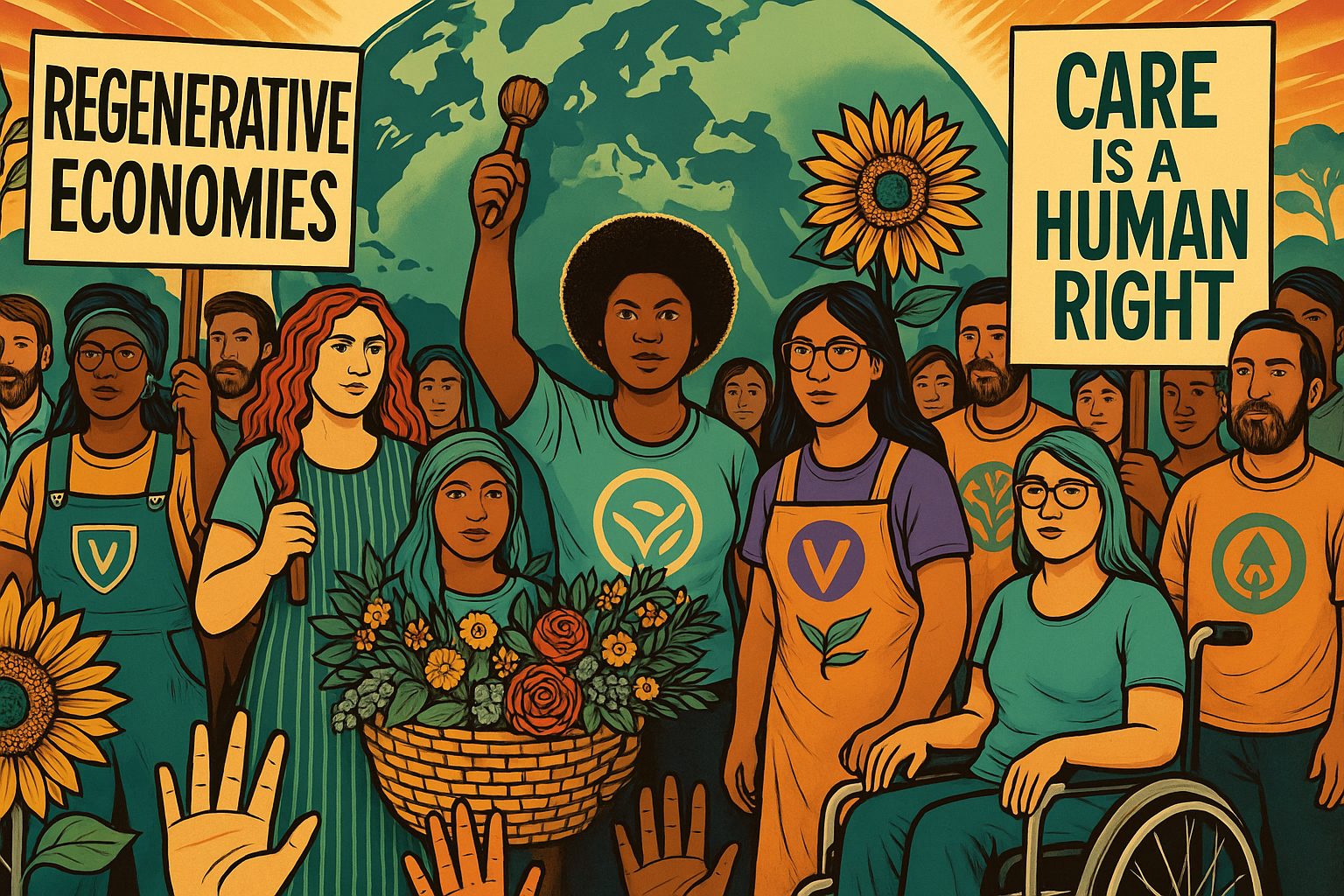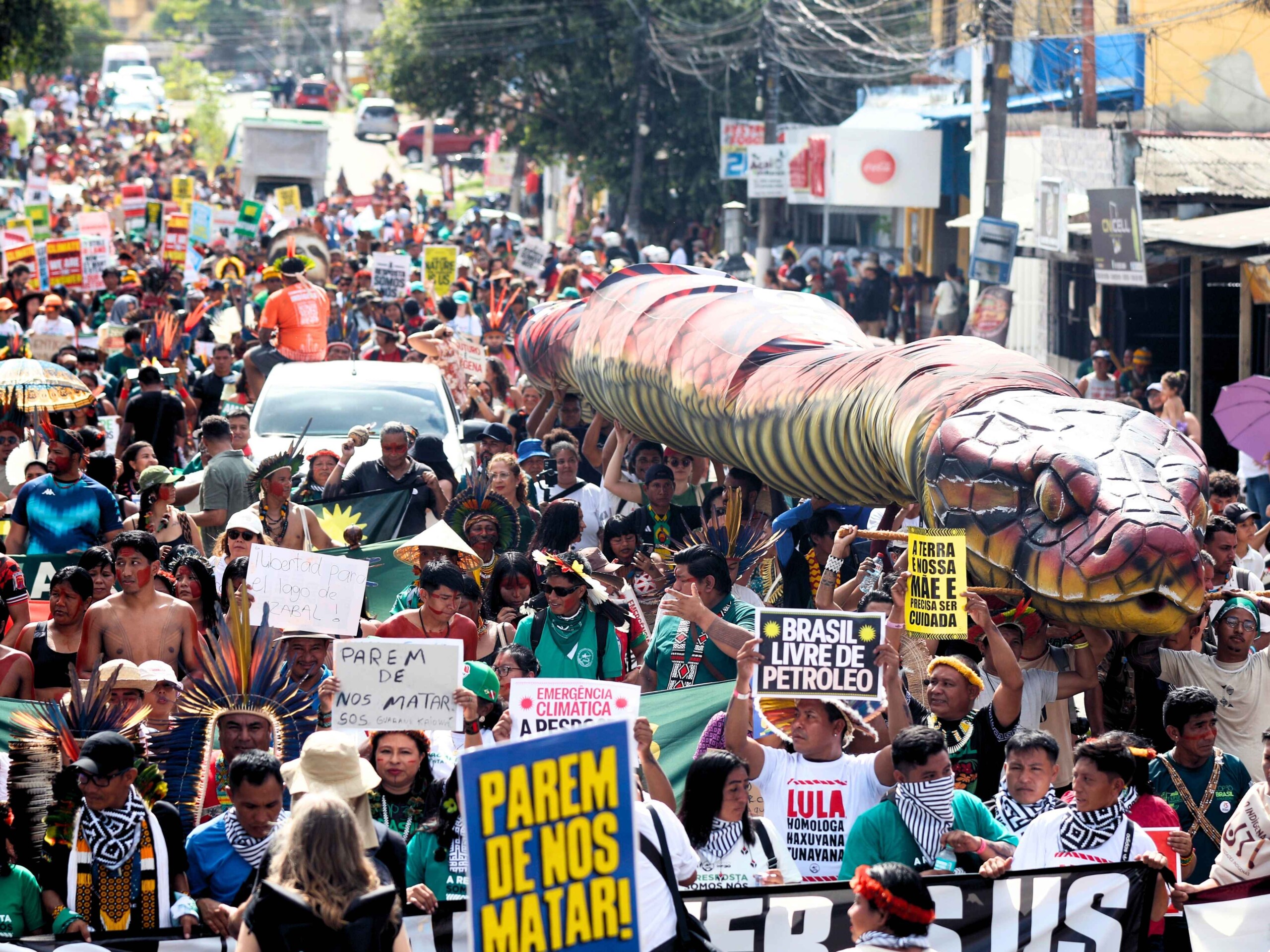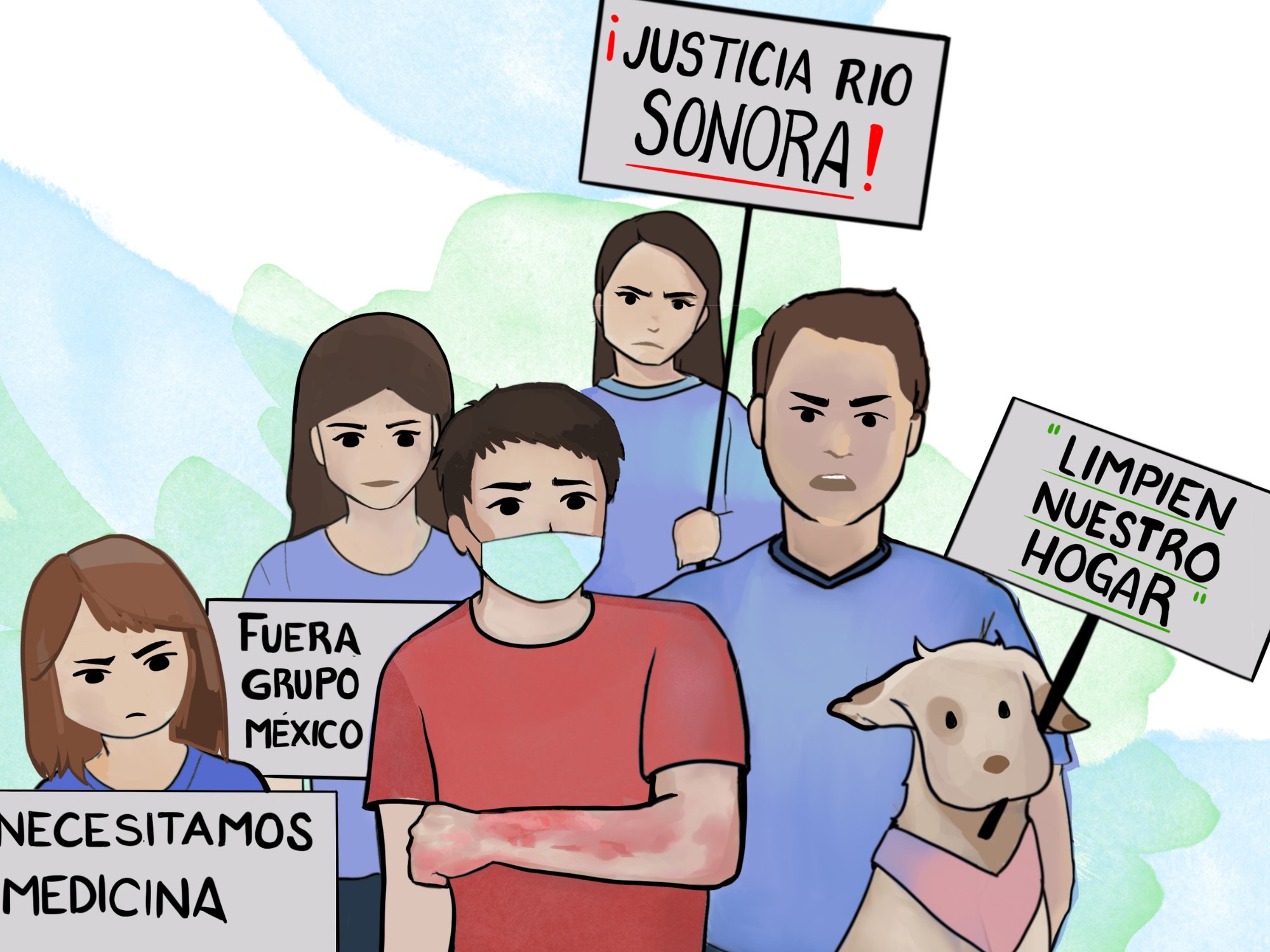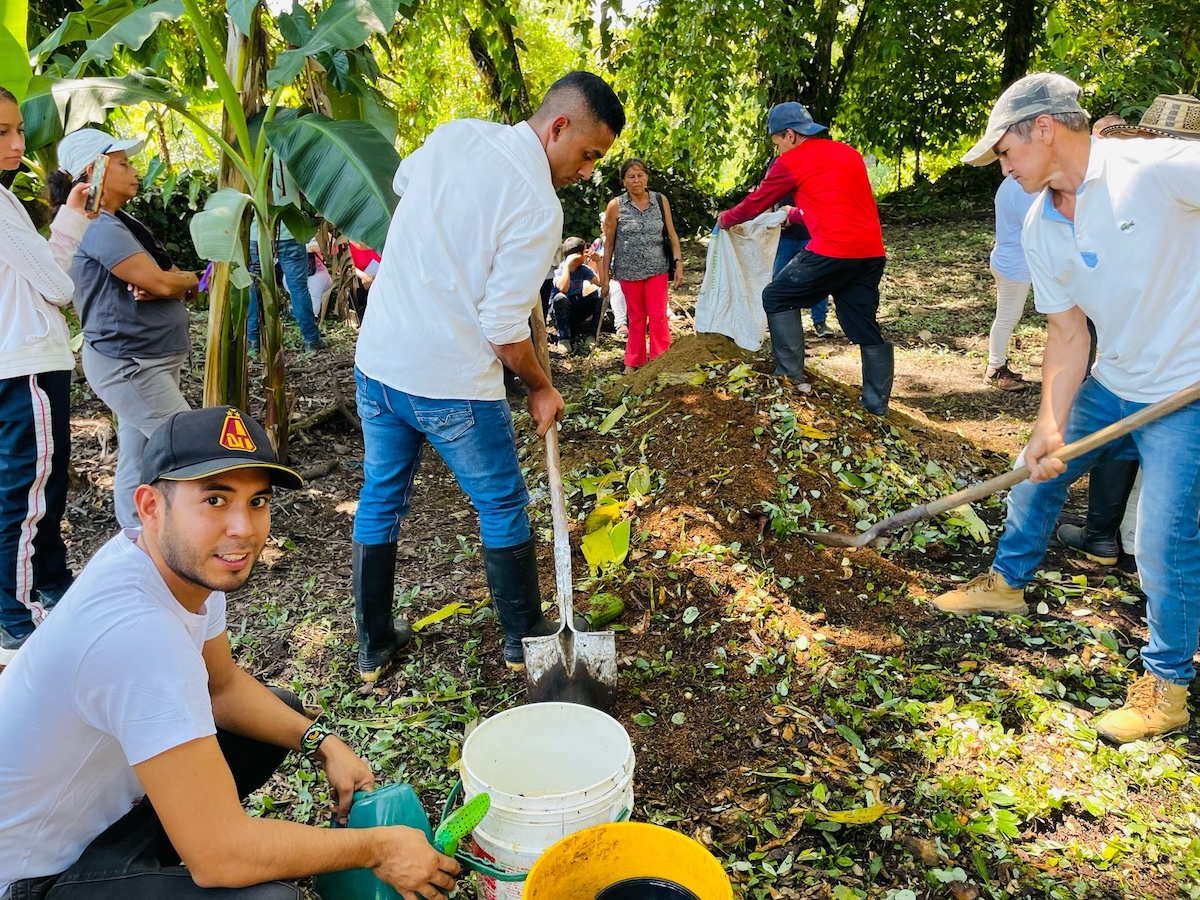Reclaiming our stories is a community-led research initiative launched in 2020 that brought together five grassroots groups from Sub-Saharan Africa, Europe, Asia, and Latin America to gather their own data on the impacts of corporate actors on women’s rights to land, housing, and natural resources. The 5 members and communities participating in the first project were:
- Consejo de Pueblos Wuxhtaj
- Red Chimpu Warmi
- Natural Resource Women Platform
- National Fisheries Solidarity Movement
- Plataforma de Afectados por la Hipoteca
Why Community-led Research is Important
Local communities, particularly women, too often are excluded from decision-making around the use of land where they live, with devastating impacts on basic human rights and the environment. Decision-making processes around land, housing, and natural resources often rely on “hard evidence” developed by powerful actors such as states and corporations, rather than reflecting communities’ perspectives and priorities. Similarly, the communities themselves repeatedly lack access to information they need to inform their decisions. Lived experiences are also not reflected in the already existing data. When communities do gather data, it is often not seen as credible or legitimate and is not taken into account in decision-making.
About the Participatory Action Research Methodology

